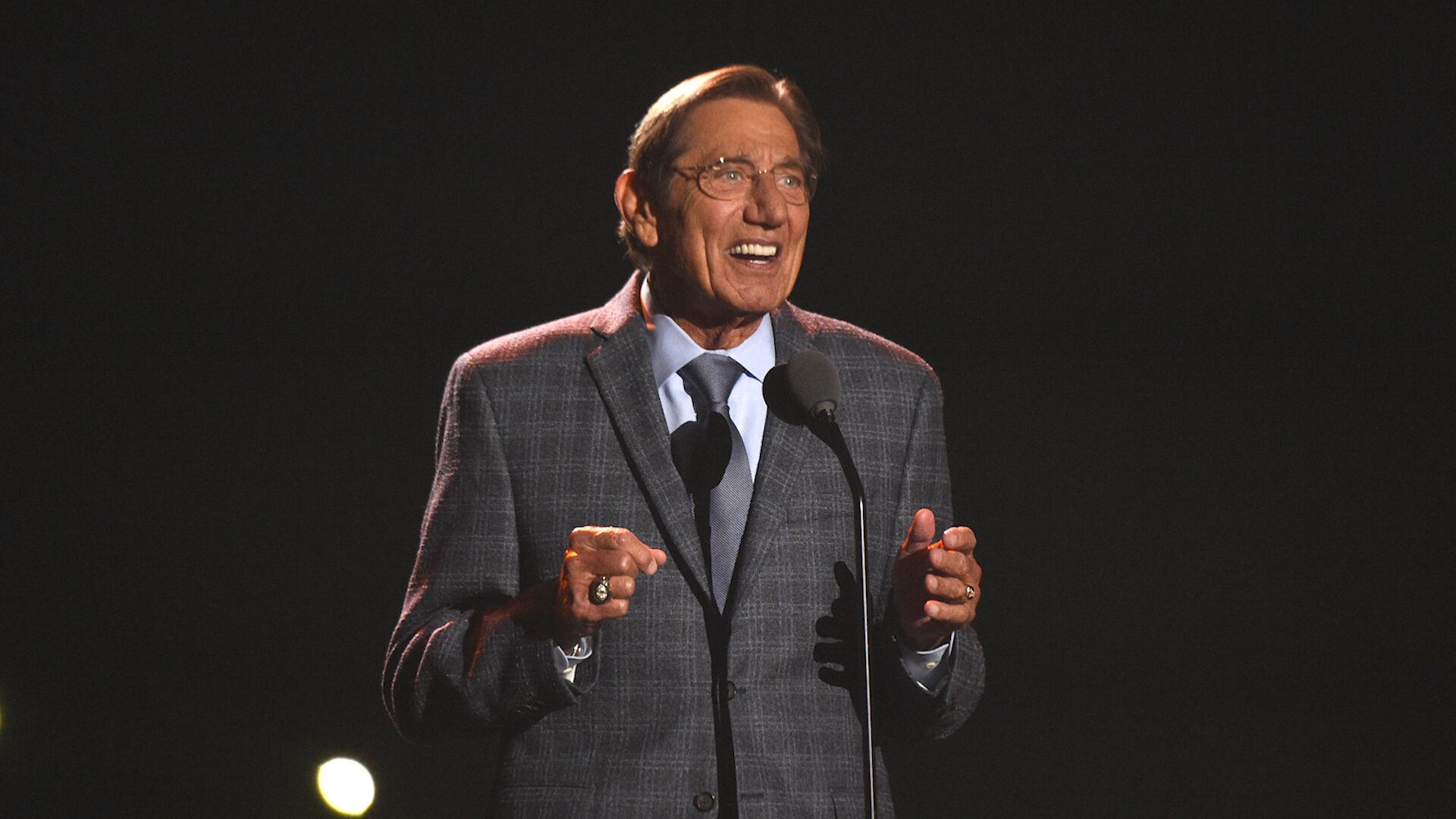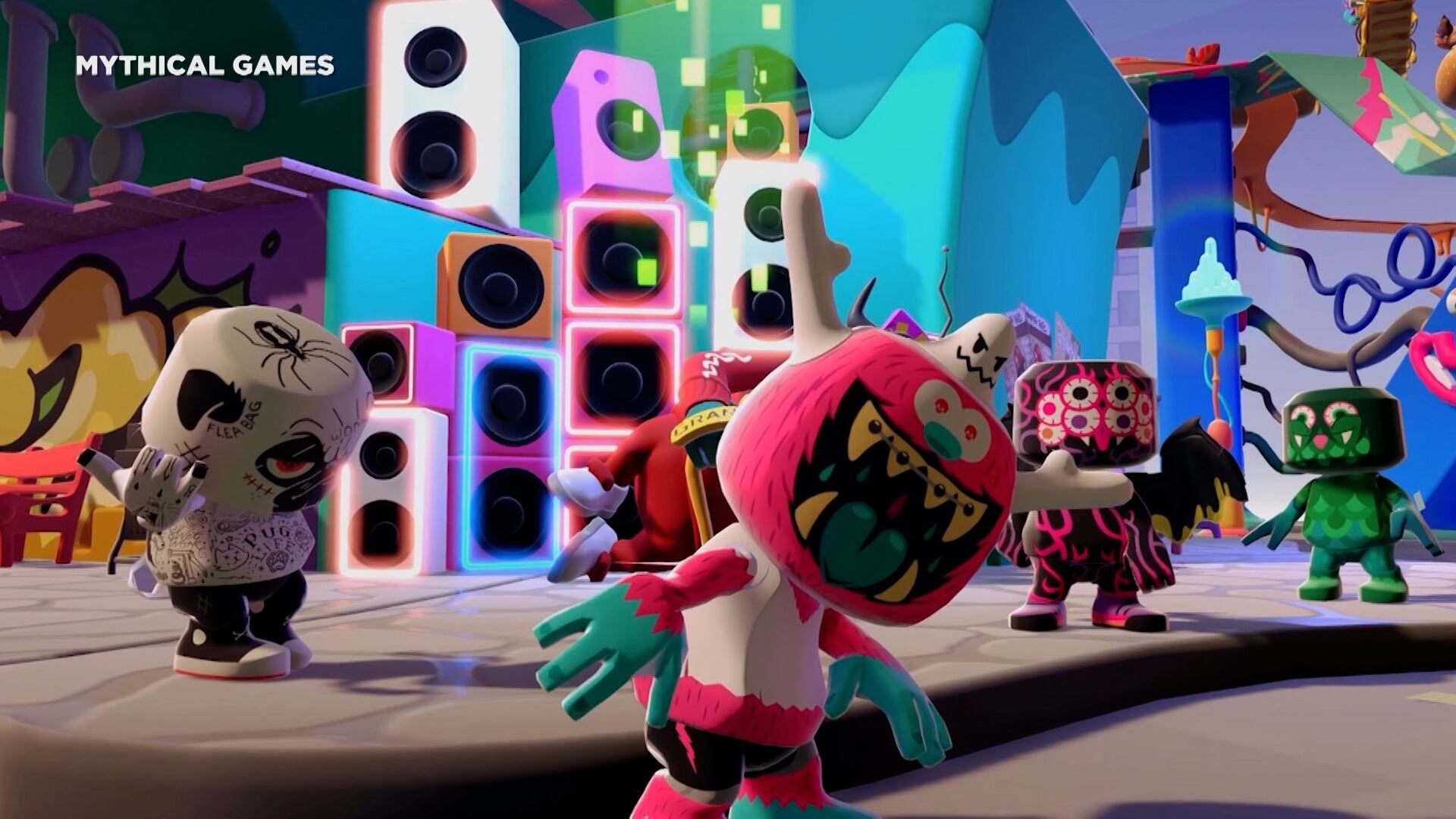By Brian Mahoney
NEW YORK — Willis Reed, who dramatically emerged from the locker room minutes before Game 7 of the 1970 NBA Finals to spark the New York Knicks to their first championship and create one of sports’ most enduring examples of playing through pain, died Tuesday. He was 80.
Reed's death was announced by the National Basketball Retired Players Association, which confirmed it through his family. The cause was not released, but Reed had been in poor health recently and was unable to travel to New York when the Knicks honored the 50th anniversary of their 1973 NBA championship team during their game against New Orleans on Feb. 25.
The Knicks tweeted a photograph picturing Reed from behind walking onto the floor as his teammates were warming up for the 1970 finale, one of the most memorable moments in NBA and Madison Square Garden history.
“As we mourn, we will always strive to uphold the standards he left behind — the unmatched leadership, sacrifice and work ethic that personified him as a champion among champions,” the team said. “His is a legacy that will live forever.”
Nicknamed “The Captain,” Reed was the undersized center and emotional leader on the Knicks’ two NBA championship teams, with a soft shooting touch from the outside and a toughness to tussle with the era’s superstar big men on the inside.
He was remembered Tuesday perhaps more for the manner he led the Knicks than how superbly he played for them.
“Willis Reed was the ultimate team player and consummate leader. My earliest and fondest memories of NBA basketball are of watching Willis, who embodied the winning spirit that defined the New York Knicks’ championship teams in the early 1970s," NBA Commissioner Adam Silver said. “He played the game with remarkable passion and determination, and his inspiring comeback in Game 7 of the 1970 NBA Finals remains one of the most iconic moments in all of sports.”
Reed's accomplishments — seven All-Star selections, two NBA Finals MVP awards among them — would have warranted Hall of Fame induction by themselves. During the 1969-70 season, he became the first player to sweep the MVP awards for the regular season, All-Star Game and NBA Finals.
But his spot in history was secured simply by walking onto the floor on the final night of that season.
Reed had injured a thigh muscle in Game 5 of the series between the Knicks and Los Angeles Lakers, tumbling to the court in pain. He sat out Game 6 as counterpart Wilt Chamberlain had 45 points and 27 rebounds in a Lakers romp that forced a deciding game at Madison Square Garden.
Reed’s status was unknown even to his Knicks teammates as he continued getting treatment until shortly before Game 7. Both teams were warming up when Reed came out of the tunnel, fans rising and roaring when they saw him emerge from the tunnel leading to the locker room.
“And here comes Willis and the crowd is going wild,” radio announcer Marv Albert said.
The Lakers stopped to watch Reed, who made two quick jump shots in the early minutes of the game, running back down the court after both with a noticeable limp. He wouldn’t score again but the Knicks didn’t need it, with their captain’s return and Walt Frazier’s 36 points and 19 assists energizing them to a 113-99 romp and their first NBA title.
Frazier’s performance was one of the finest ever in a deciding game, but it was forever a footnote to Reed’s return. In 2006, to coincide with the NBA’s 60th anniversary, it finished third in voting of the league’s 60 greatest playoff moments, behind Michael Jordan’s championship-winning jumper for his sixth title in 1998 and Magic Johnson ending his rookie season by filling in for Kareem Abdul-Jabbar at center in Game 6 of the 1980 finals to lead the Lakers to a championship.
Long afterward, a player’s return from injury has sometimes compared to Reed, such as when Boston’s Paul Pierce was carried off the floor with a knee injury in Game 1 of the 2008 NBA Finals against Los Angeles before quickly returning. But Phil Jackson, a teammate of Reed’s and then Lakers coach, dismissed that because of how serious Reed’s injury was.
“If I’m not mistaken, I think Willis Reed missed a whole half and three-quarters almost of a game and literally had to have a shot — a horse shot, three or four of them — in his thigh to come back out and play,” Jackson said.
Reed wouldn’t be able to recover so quickly from injuries in the coming years. He was limited to just 11 games in 1971-72 but came back strong the next season to spark the Knicks to a second title in what was his last full season.
Though his return always made the ‘70 title the more celebrated one, it was the ’72-73 squad, having been fortified by Hall of Famers Earl Monroe and Jerry Lucas, that stood out to Reed.
“That, to me, in my mind was the best team,” he said during its 40th anniversary celebration.
Reed would play only 19 games in 1973-74 before retiring because of a knee injury after just 10 seasons.
That was long enough to collect more than 12,000 points and 8,400 rebounds, both of which still rank in the top three on the Knicks’ career lists.
He had a successful post-playing career as a coach and executive, with 76ers coach Doc Rivers recalling playing for Atlanta when Reed was an assistant coach.
“He was simply a great person, A man!!! A leader!!! A Winner!!!” Rivers tweeted.
Willis Reed was born June 25, 1942, in Hico, Louisiana. He stayed in his home state for his college career, leading Grambling State to the 1961 NAIA championship and a third-place finish in 1963. The school retired his number and named its court after Reed in 2022.
A second-round pick in 1964, he quickly proved that standing only 6-foot-9 wouldn’t keep him from becoming one of the league’s top centers. He was voted Rookie of the Year and earned the first of his seven straight All-Star selections.
Reed was the anchor as the Knicks became one of the best teams in the NBA, with Hall of Famers such as Frazier, Bill Bradley and Dave DeBusschere.
Reed provided them with 18.7 points and 12.9 rebounds for his career, along with plenty of toughness. An ESPN documentary in 2014 on those Knicks showed footage of a 1966 fight in a game against the Lakers in which Reed appeared to throw punches at multiple opponents, with Jackson noting that it appeared Reed “decimated this team.”
His No. 19 was the first number retired by the Knicks and he was inducted into the Naismith Memorial Hall of Fame in 1982.
Reed went on to coach the Knicks to a playoff berth in 1977-78 but coached them only 14 more games the following season. He also was a head coach at Creighton and the New Jersey Nets, but his greatest success after his playing career came in the front office.
He was their senior vice president of basketball operations when they drafted Derrick Coleman and Kenny Anderson, who became All-Stars and led the Nets to the playoffs in the 1990s.













